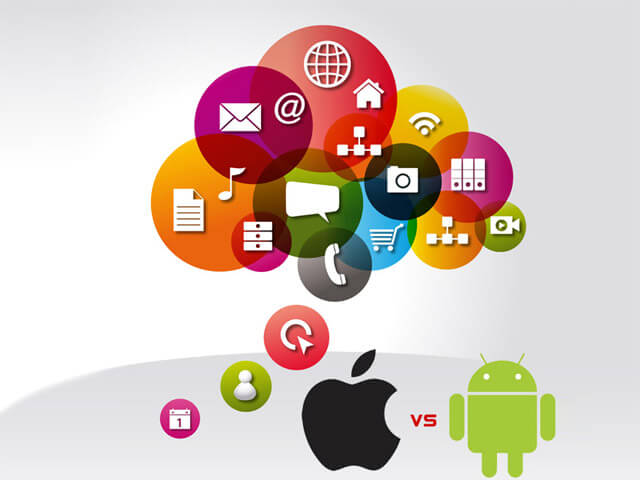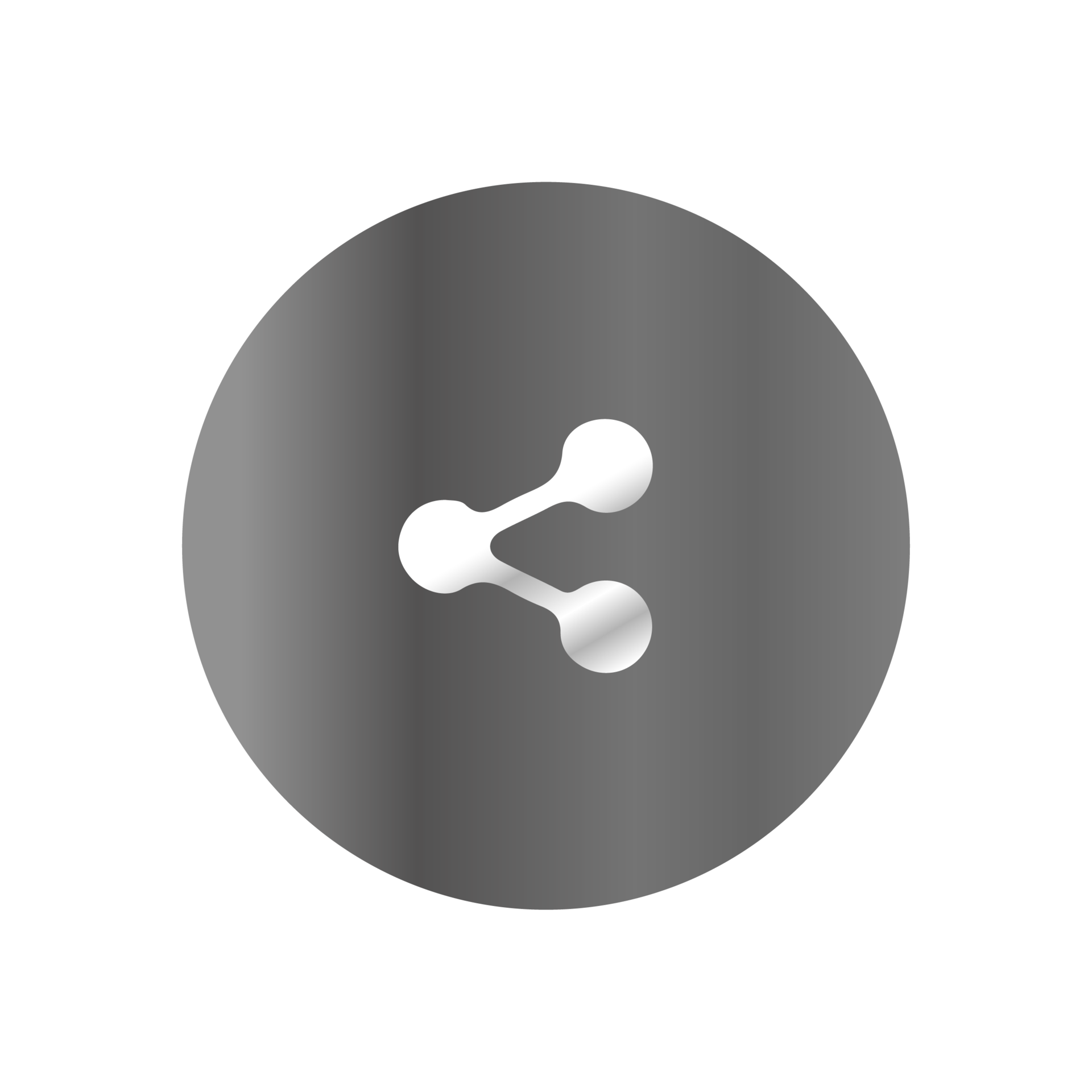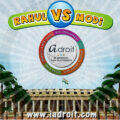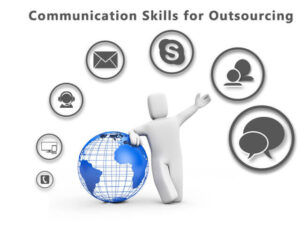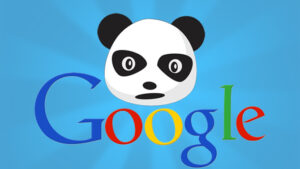Apple’s iPhone came a little earlier than Google’s Android and made a foothold with the first time buyers of smart phones. However, last year (2011) was almost phenomenal for the growth of Google’s Android application. According to a recent survey of technology surveyor Gartner, the growth of Android was over 50% during this phase. It was closely followed by Symbian and iOS (Apple). Actually the market share of Apple fell over 15%. Since Apple came much earlier, it naturally got a larger piece of the market. In the number of downloads, Apple is much ahead of Android. This brought Apple a larger share of the revenue. It is well ahead with 18 billion downloads compared to Android’s 10 billion. However, Android is fast catching up with over 1 billion downloads per month.
Exclusiveness
The exclusiveness of using Apple’s application on its own devices is affecting its forward march. Only iOS system based applications can be used in iPhones. These devices are unable to run applications from other systems. They are only exclusive to Apple and its range of devices. However, the trick behind Android fast catching up on the race is that it is freely available and is not restricted to any particular set up. Google has actually shared its technology with a range of device makers. This has helped in the further development of the Android platform.
Advantages
One of the principal advantages of Android is its close association with Google. One of its exclusive advantages is its assimilation with Gmail. Google Maps can be used in any Android version. It offers the exclusive features of GPS driven Google navigation. On the whole, Android has a more flexible OS and it can also be used in a range of devices. However, the advantages of iPhone is restricted to its own and its sister devices, like iMac, iPod etc. Android is said to be superior to any other comparable device, since it offers flexible browsing, e-reading and a host of multimedia features. Video chatting is also believed to be flawless on iPhone.
Drawbacks
Fragmentation is one of the major drawbacks of Android. Multiple versions of this operating system are used across different phones. The current version is nicknamed as ice cream Sandwich. Different device makers offer their own version of Android, and they offer their own interpretation of these updated software’s as ‘skin’. Every Android device offers its own skin specific application. However, the attitude of Apple is totally opposite to Google. It nurtures the culture of elitism. It’s applications can hardly be shared with other platforms. Apple does not like to share its technology or the OS with any other comparable device makers. An iPhone can hardly be customized beyond its boundaries. Till date there is no available iPhone which will be able to support the next generation 4G network.
Finally, you will have to make the choice between going for an Android or opting for the iPhone. If you like a high level of customization, then an Android device will be the right choice. Else, you could go for the iPhone to have an elite and exclusive experience.
